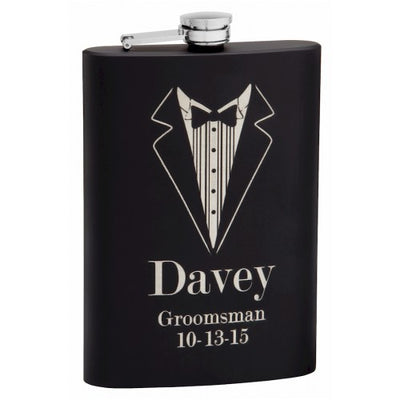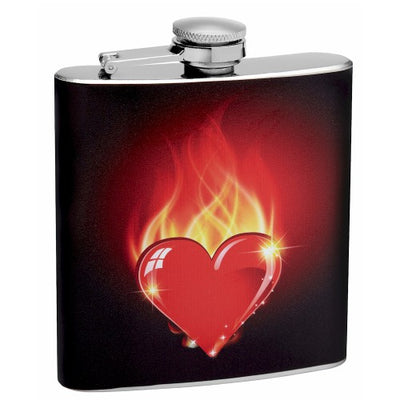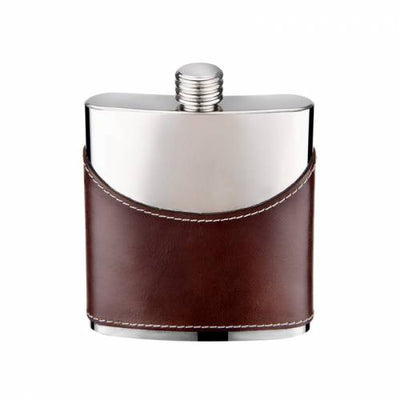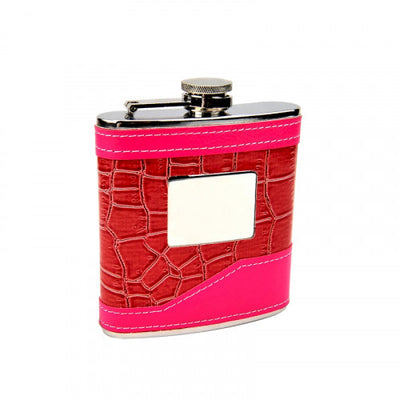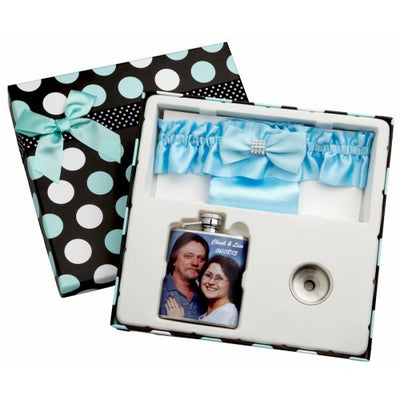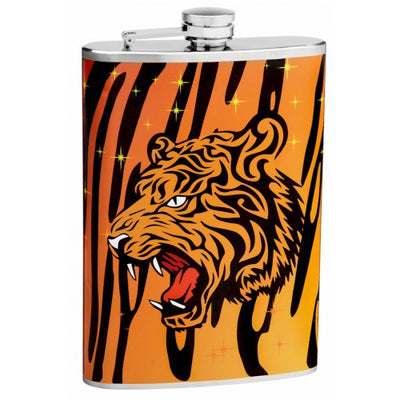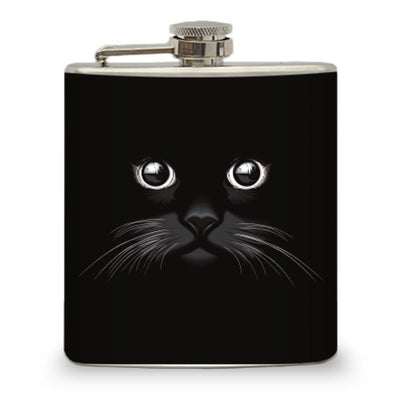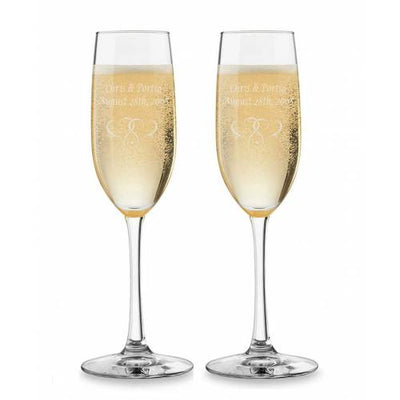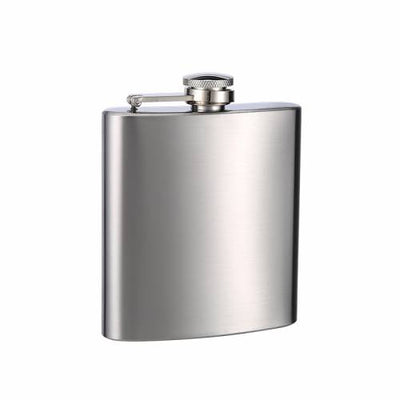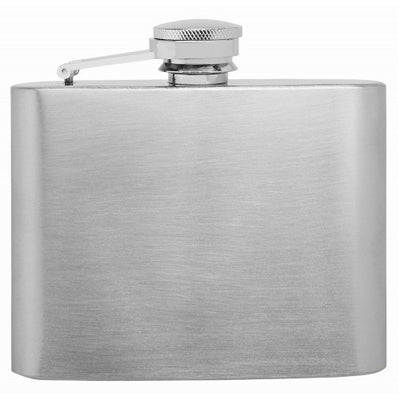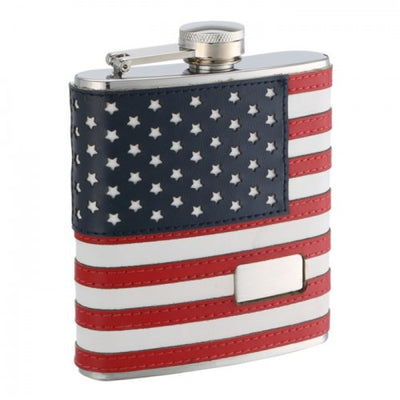According to Dr. Keri Peterson, who appeared on the TODAY show in December of 2010, to talk about this very subject, “It isn't which order you consume your drinks in that matters, it's the total amount of alcohol that you consume.” (see the video below)
When drinking any type of alcoholic beverage, your inhibition decreases, which often leads to drinking more, so consequently, if you start with a beverage that has a higher alcohol content, your inhibition goes down more quickly and you may tend to drink even more. Some people, such as college students, may enjoy beer more, than the taste of something like whiskey, so drinking a few beers, may help them “relax,” and then they can better handle the taste of the whiskey... either way, if they overindulge, they may get drunk, they may get sick, and they will probably have a nasty hangover.
[caption id="attachment_501" align="alignleft" width="300"]
 Photo Credit: Michelle Tribe[/caption]
Photo Credit: Michelle Tribe[/caption]You cannot put beer in a flask, so maybe it is better to put one kind of alcohol, which you can mix with something like Coca-cola, wherever you are going, into your flask, and then you can stick to one type of beverage, and possibly reduce the risk of “mixing” various concoctions together.
It is also a myth when people say, “Eating before bed will absorb the alcohol in your stomach and ease a hangover.” Actually, you need to eat the food before the drinking begins, so that the alcohol will absorb more slowly into your bloodstream. Before bed, it would be better to drink a large glass of water.
Many people have a glass of wine to help them sleep, but actually alcohol disrupts sleep, so this too, is a myth. While enjoying a so-called “nightcap” may help you fall asleep more quickly, it actually interferes with the quality of the sleep that you get. You won't spend enough time in the deepest cycle of sleep, called the REM cycle, and since you sleep much more lightly, you will probably wake up earlier, and not quite as rested.


